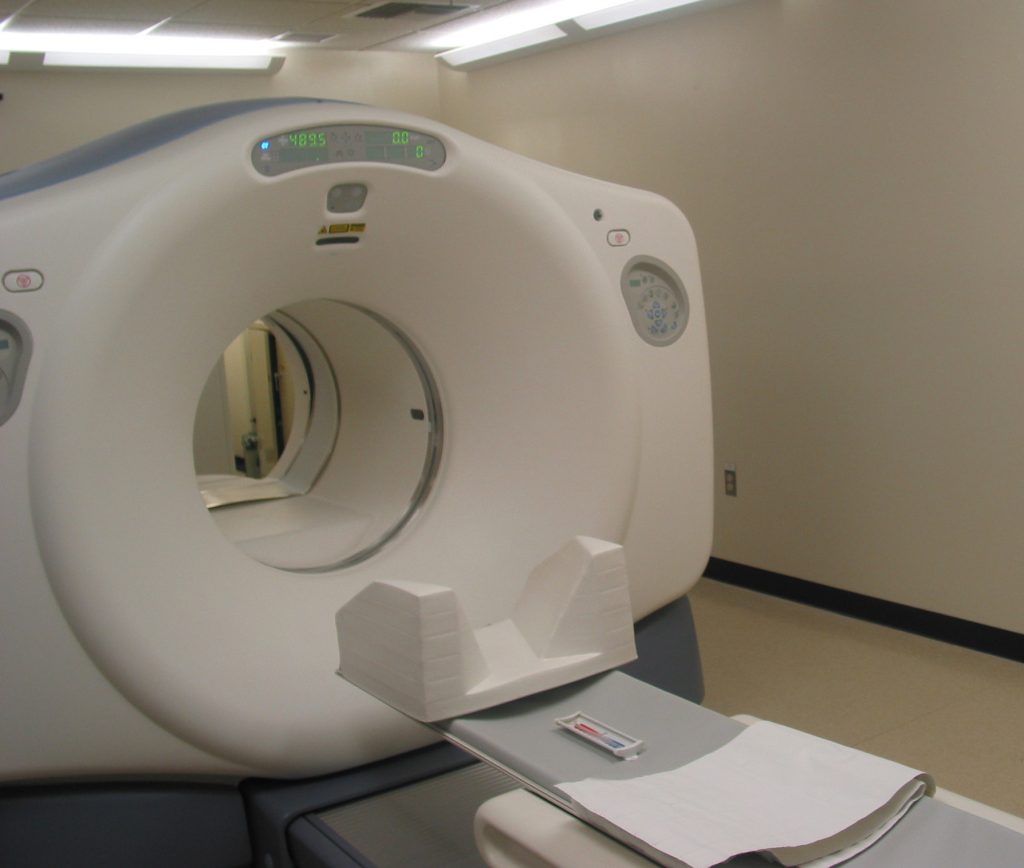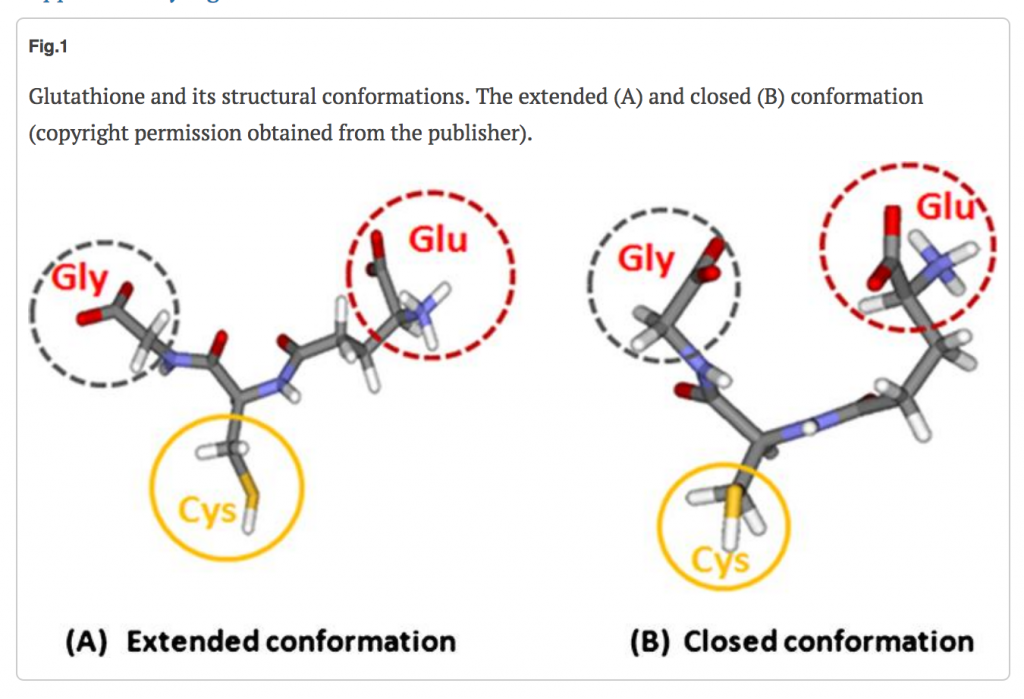In a human study published in the Journal of Alzheimer’s Disease, antioxidant, glutathione (GSH), which protects the brain from stress, has been found to be significantly depleted in Alzheimer’s patients compared to normal subjects.
As GSH is a very important antioxidant that protects the brain from free radicals, the findings give another measure to use when diagnosing potential for the advancement of Alzheimer’s disease (AD) or recognizing those that are in the throes of Alzheimer’s advancement.
By implementing non-invasive imaging techniques, Dr. Mandal and his team of researchers found that GSH has two conformations (closed and extended forms) in the brain. It was discovered that when GSH is depleted in the hippocampus regions of an elderly person the healthy brain suffers mild cognitive impairment (MCI), which is known to be present in the earlier stages of AD. Previous research shows:
- Autopsy studies involving AD, Parkinson’s disease (PD), and dementia with Lewy bodies (DLB) have reported that the GSH level in the cingulate cortex region of AD patients is reduced by 49% as compared to age-matched control subjects.
- Another postmortem study in MCI, mild and, severe AD brains has revealed depleted GSH levels in post-mitochondrial supernatant, mitochondrial, and synaptosomal fractions from frontal cortices, as compared to controls.
- Reduction in GSH selectively in the brain regions (frontal cortex and hippocampus) affected by AD pathology, but not in the cerebellum.
It is now correlated that closed form of GSH is depleted in AD patients. At present no report is available to indicate to what extent the lower levels of extended form of GSH in those suffering from AD can be measured but it opens the possibility for further clinical observation using GSH as supplement to combat the advancement of AD.
If routine non-invasive tests for lower levels of GSH in the hippocampus regions are
performed, we might be able to mitigate the advancement of Alzheimer’s disease by providing GSH supplements – an observational study is planned,” ~ Dr. Mandal
Conclusion/ The multi-continent research team lead by Dr. Mandal, led this breakthrough research and this research has a huge potential for therapeutic development for AD. This is the first report providing important evidence for the co-existence of two in vivo GSH conformations in the human brain, linked with the observation from the state-of-the-art in vitro NMR studies on GSH.
Critical observation and analysis led to the conclusion for the presence of different GSH conformations and their identification with MEGA-PRESS pulse sequence for in vivo study. The work is expected to have a huge impact on the understanding of GSH and its profound role in the individual’s cognitive reserve and disease affinity depending upon their lifestyle and upbringing in different geographical environments. Furthermore, observational studies on GSH supplement and its impact on cognitive reserve for healthy old and MCI patients using the present protocol is planned at National Brain Research Center (NBRC).






